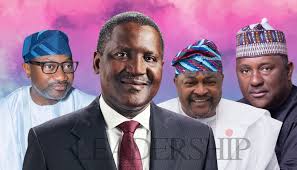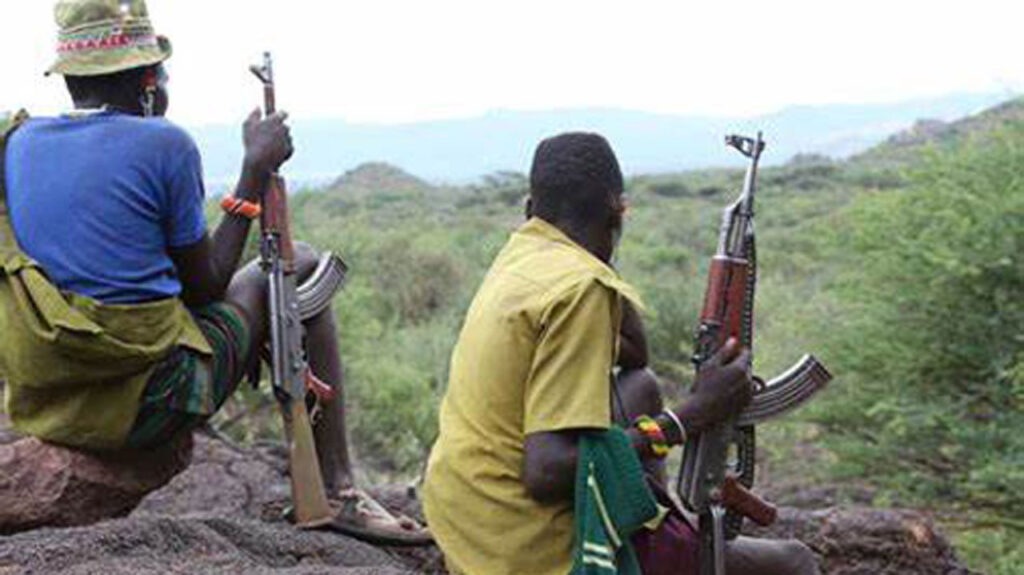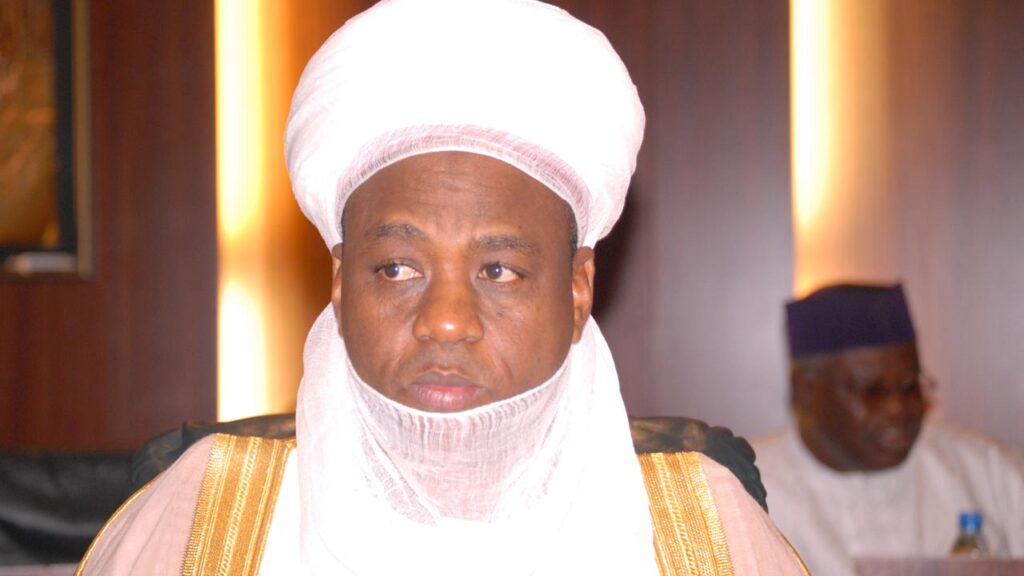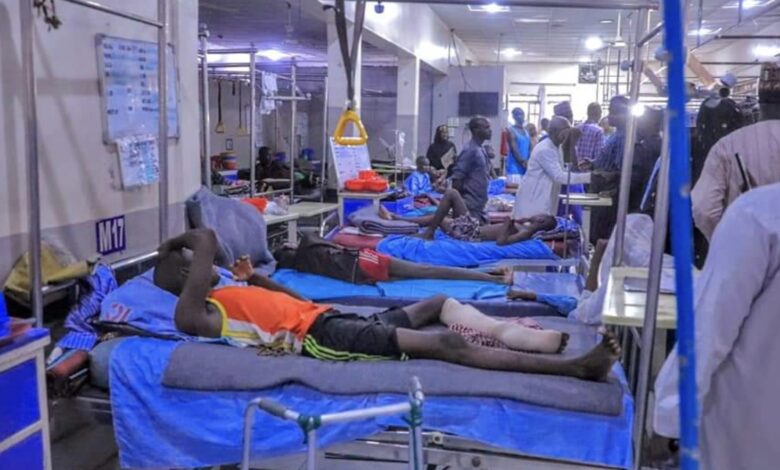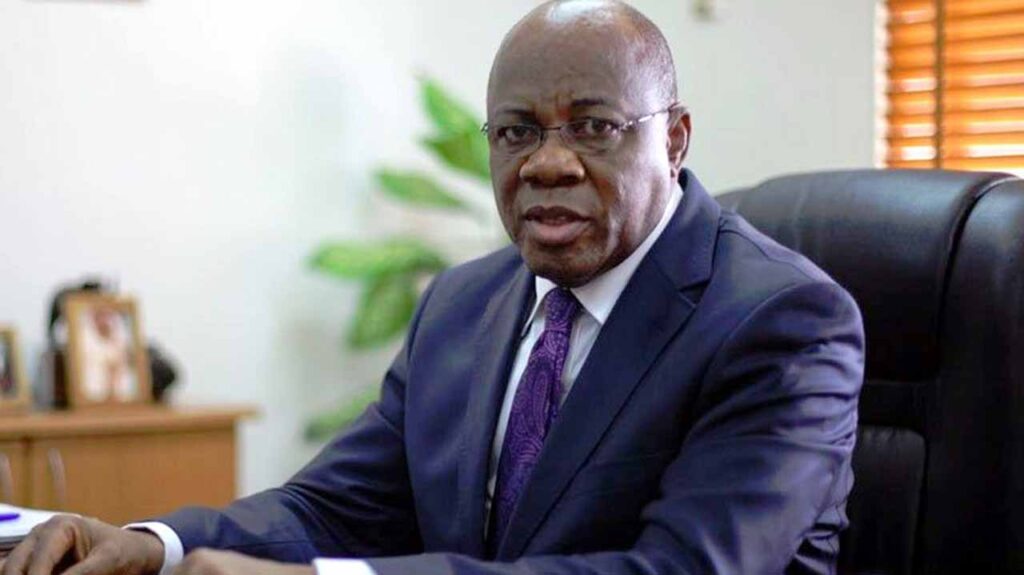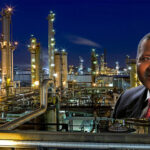
Notwithstanding the devaluation of the naira, four Nigerian businessmen made the Forbes’ list of the world’s billionaires with Femi Otedola, who last appeared on the Forbes Africa list in 2017, making a return to the list.
According to Forbes, in 2024, there are more people on the list than ever – and they’re richer than ever. There are 141 more billionaires in the world than last year, with 2,781 in total. Their combined worth equals $14.2 trillion – up by $2 trillion in 2023.
The 2024 list also broke records set in 2021, with 26 more billionaires on the list and their combined net worth up by $1.1 trillion.
Billionaires themselves are also wealthier, with two-thirds adding to their worth. The top 20 on the list gained the most, adding $700 billion to their combined worth since 2023. And the U.S. has a record 813 billionaires – the most of any country.
China has 473 billionaires and India has 200, which set a record for that country. To tally their wealth, Forbes used stock prices and exchange rates from March 8, 2024.
Bernard Arnault and his family are at number one, with a net worth of $233 billion. Arnault is head of LVMH, a luxury fashion and cosmetics conglomerate in France. The family is usually in the top three of Forbes’ wealthiest people in the world lists.
Elon Musk, once the richest person in the world, is No. 2 on the list, with a net worth of $195 billion. Musk, the founder of Tesla and SpaceX, also bought Twitter for $44 million in 2022, renaming it X.
In a publication on Monday, Forbes said Aliko Dangote retained the top spot as Africa’s richest with a fortune of $13.9 billion.
The magazine said 20 billionaires on the 2024 Forbes list of Africa’s Richest are worth a combined $82.4 billion. That’s up $900 million from last year’s $81.5 billion.
“The fortunes of Africa’s wealthiest people have rebounded slightly in the past 12 months, reversing the decline in their fortunes from a year ago, though they are still off their all-time highs,” the publication said.
Forbes attributed the gain to the return of Otedola, who last appeared on the Forbes Africa list in 2017 when he held a controlling stake in fuel distributor Forte Oil.
Otedola had phased out his oil investments during a government push to privatise the country’s energy business in 2013, using a Forte subsidiary to purchase Geregu, a public power generation plant.
“He owned about 90% of Geregu when it was listed on the Nigerian exchange’s Main Board in 2022, but has since sold shares to institutional investors, which include Afreximbank’s Fund for Export Development in Africa and the State Grid Corporation of China.
“His 73% stake in Geregu is worth more than $850 million, about three-quarters of his $1.1 billion fortune, which puts him at No. 20 on the list.”
Forbes said after taking Otedola’s comeback into account, Africa’s billionaires dipped slightly but still fared better than the decline of 4% last year when African markets faded in sync with equity values around the world.
Dangote, whose fortune rose $400 million to $13.9 billion, claimed the ranking’s No. 1 spot for the 13th year in a row, despite the political uncertainty following the February presidential election and a devaluation of the naira in 2023 that offset the rising share price of Dangote Cement.
Also, Mike Adenuga of Globacom ranked fifth in Africa with $6.9bn and Abdulsamad Rabiu, sixth with $5.9bn.
On the methodology used, Forbes said, “Our list tracks the wealth of African billionaires who reside in Africa or have their primary business there, thus excluding Sudanese-born billionaire Mo Ibrahim, who is a U.K. citizen and South African Nathan Kirsh, who operates out of London. Strive Masiyiwa, a citizen of Zimbabwe and a London resident, appears on the list due to his telecom holdings in Africa.
“Net worths were calculated using stock prices and currency exchange rates from the close of business on Jan. 8, 2024. To value privately held businesses, we start with estimates of revenues or profits and apply prevailing price-to-sale or price-to-earnings ratios for similar public companies. Some list members grow richer or poorer within weeks or days of our measurement date.

